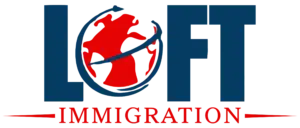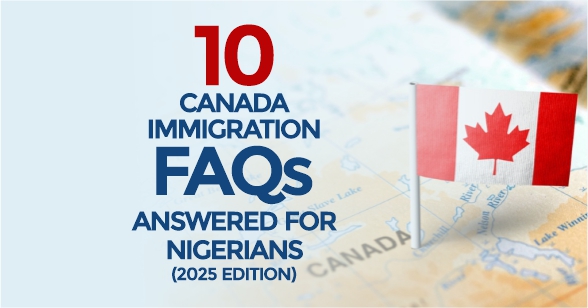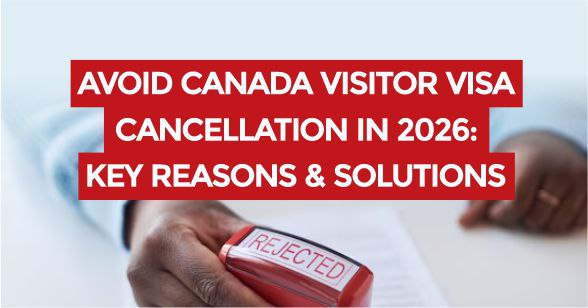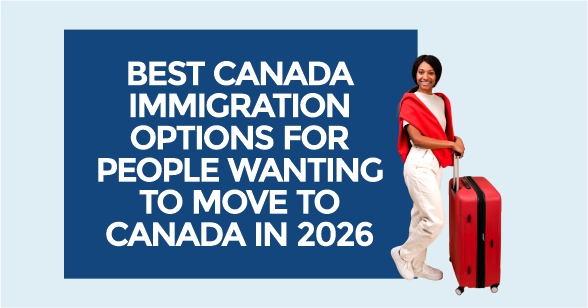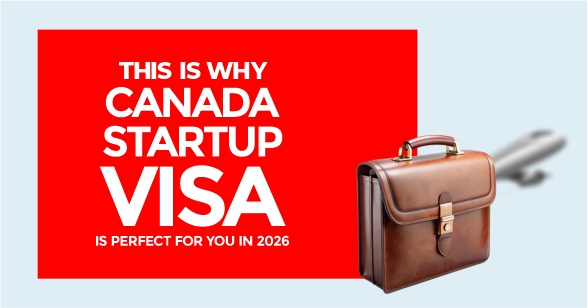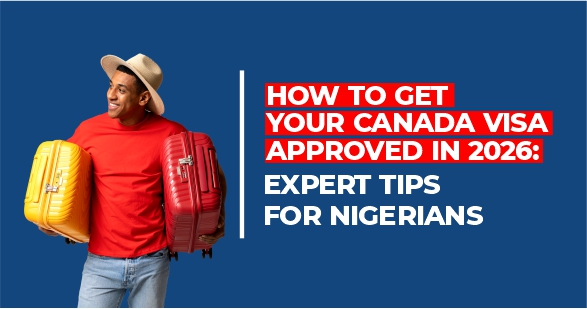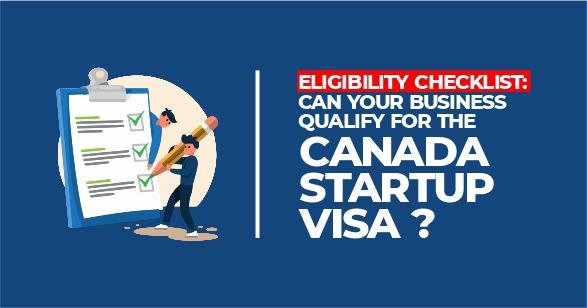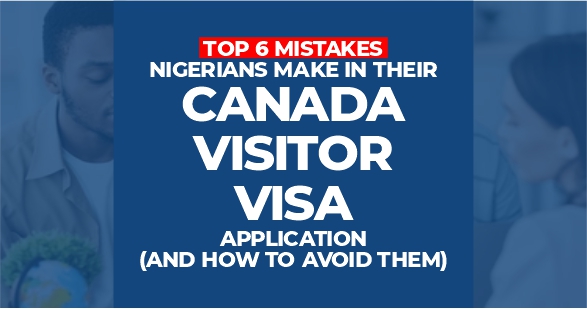If you’re a Nigerian thinking about moving to Canada in 2025, you probably have lots of Canada immigration questions — and that’s normal. Every day we sit with people just like you: students, professionals, business owners and families who want a fresh start.
This article answers the frequently asked questions about Canada immigration for Nigerians 2025 in simple, straight-to-the-point language — like we’re sitting across the table having a chat. We’ve helped Nigerians successfully move to Canada for over 10 years, so these answers come from real experience.
1. What are the main ways Nigerians can move to Canada?
There isn’t one single route — there are several. The most common paths we see are:
Express Entry (skilled workers, point-based)
Provincial Nominee Programs (PNPs) (province-sponsored)
Study permit → PR (study first, work after, then apply)
Start-Up Visa (for entrepreneurs with innovative businesses)
Family sponsorship (if you have close relatives in Canada)
If you’re unsure which path fits you, a quick assessment helps. Book an Evaluation Call with us and we’ll tell you which route is realistic for your profile.
2. How much will it cost me to move to Canada from Nigeria?
Costs depend on the route. As a guide (figures in CAD):
Express Entry: government fees ~CAD $1,800 + proof of settlement funds (around CAD $14,000 for one person).
Study permit: tuition usually CAD $15,000–$30,000 per year + living costs.
Start-Up Visa: funding/support from investors is required (ranging from CAD $150,000 to $200,000).
Family sponsorship: application fees from about CAD $1,080 plus proof the sponsor can support you.
Also budget for IELTS, medical checks, biometrics and police clearance. These add up, so plan ahead.
3. Do I need IELTS to immigrate to Canada?
Yes — most applicants need an English or French test. For many immigration routes Nigerians take, the IELTS General Training is required. For Express Entry, a common target is CLB 7 (roughly IELTS 6.0 per band). For school, colleges/universities usually ask for IELTS Academic with varying scores.
A higher IELTS score can raise your points and improve chances — it’s worth preparing well.
4. How long will it take before I get my visa?
Timelines vary by program:
Express Entry: about 6–12 months after an Invitation to Apply (ITA).
Study permit: ~12–14 weeks (Student Direct Stream can be faster).
PNP: often 12–18 months.
Start-Up Visa: typically 12–16 months.
Visitor visa: usually 60–90 days.
Submitting correct documents from the start reduces delays. For timelines and updates specific to your case, Book an Evaluation Call and we’ll give a realistic estimate.
5. Can I move to Canada without a job offer?
Yes. Several routes (including Express Entry and some PNP streams) allow applications without a job offer. That said, a valid Canadian job offer can significantly improve your points and chances, so it helps — but it’s not always required.
6. Can Nigerians apply for the Canada Start-Up Visa?
Yes — Nigerians with strong, innovative business ideas can apply. Requirements include getting support from a designated Canadian organization (venture capital, angel group or incubator), meeting language minimums (CLB 5), and showing proof of funds.
If you’re debating between business immigration and the skilled-worker route, you might find our comparison helpful: Canada Start-Up Visa vs Express Entry; which one is better for you?
Also, if you’re worried about business planning, read our guide on how to write a business plan that can help you get the Canada Start-Up Visa — it explains what investors want to see. And if you’re wondering whether you can apply without a formal plan, check this post: Can I apply without a business plan?
7. Which provinces should Nigerians consider moving to?
Toronto (Ontario) and Vancouver (BC) are popular, but other provinces offer great opportunities and sometimes easier provincial streams:
Alberta – jobs in energy, healthcare and trades.
Saskatchewan – friendly PNPs and lower cost of living.
Manitoba – good paths for students and skilled workers.
Nova Scotia – smaller communities with growing opportunities.
For entrepreneurs wanting business-friendly provinces, see: Best provinces in Canada for immigrant entrepreneurs — it helps you pick a province that matches your business plans.
8. Can I move with my family?
Yes. Most programs let you include your spouse and dependent children. For students, spouses can often apply for an open work permit and children can attend school. For Start-Up Visa or PR through Express Entry, family members are part of the application.
9. What documents should I prepare?
Documents vary, but commonly you’ll need:
Valid passport
Educational certificates + ECA (Educational Credential Assessment)
IELTS/TEF results
Work reference letters
Police clearance certificate
Proof of funds (bank statements)
Medical exam (when requested)
For a full checklist and more detail, see our guide: What documents do you need for Canada immigration?
10. Why use a licensed consultant instead of applying myself?
You can apply on your own, but mistakes are common. A licensed Canadian immigration consultant (RCIC) helps you avoid errors, choose the best program, prepare your documents correctly and represent you when needed.
To learn what to watch out for when choosing someone to help, read: 5 red flags to watch out for when choosing a Canadian immigration consultant
Also, after 10 years working with Nigerians, we’ve learned what works. These are the lessons that guide how we support clients: 5 lessons from our 10 years of providing successful Canadian immigration services
These are the most common Canada immigration questions we answer for Nigerians in 2025. The right path depends on your profile — education, work experience, funds and goals. If you want clear, no-nonsense guidance from people who’ve done this for over a decade, we’re here to help.
Ready to know your best option? Let’s build a realistic plan together.
